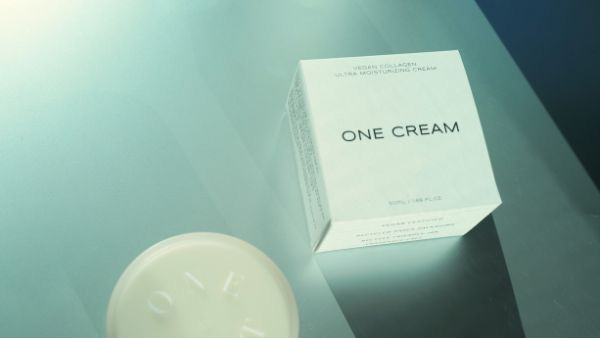Vitamin D is a fat-soluble group of micronutrients that plays a crucial role in a lot of physiological activities within the body. Its primary function is to protect bone strength and maintain blood levels of calcium and phosphorous.
This is especially important for females, which are at higher risk of suffering osteoporosis or bone loss later in their life.
The USDA recommends 600 IU of vitamin D daily. Not consuming enough vitamin D can lead to complications in bone health and muscle weakness in the long run.
Although our body can synthesize its vitamin D with exposure to sunlight, some people might not have the time every day to spend outside. Hence, our diet contains adequate amounts of vitamin D each day to maintain normal functions of the body.
Wondering what healthy food choices are high in vitamin D content?
1. Fatty Fish
Salmon, trout, tuna, and mackerel are all great sources of vitamin D. According to the USDA, 1 standard portion of sockeye salmon (3 ounces) contains 17.9ug or 700 IU of vitamin, exceeding the recommended daily amount. But do keep in mind that different types of salmon and the method of cooking can lead to discrepancies in vitamin amounts.
One portion of rainbow trout (3 ounces), on the other hand, contains 16.2ug or 648 IU of the vitamin. Other fishes that are great sources of vitamin D include swordfish, sturgeon, cisco, whitefish, halibut, and herring.
If you would like to find out more about the exact values of vitamin D contained in each type of fish, check out USDA’s Dietary Guideline Report here.
2. Fortified Foods
Fortified dairy products, orange juice, soy milk, and cereals can also provide you with substantial amounts of vitamin D.
- Orange Juice: If you are one of the 75% of people in the world that are lactose intolerant, or simply does not like milk, then fortified orange juice can be a perfect choice for you. One cup of fortified orange juice contains 2.5ug or 100 IU of vitamin.
- Soy Milk: Another lactose-free source that contains 2.9ug of vitamin for every cup. This is only slightly lower compared to whole milk which contains 3.2ug or 128 IU each cup.
- Cereals and Oatmeal: Combined with milk, cereals and oats can be an excellent choice for a vitamin D-rich breakfast in the morning. The USDA reports 1 serving of fortified cereals (1/3 – 1 ¼ cup) contains 0.2-2.5ug or 8-100 IU of the vitamin.
3. Mushroom
Mushrooms, such as Portabella, are one of the only plant sources of vitamin D. One standard portion (½ cup) of light, grilled portabella can contain 7.9ug or 316 IU of the vitamin.
Similar to humans, mushrooms can synthesize this sunshine vitamin under the exposure of UV light. The difference between animal and plant sources is that while animals produce vitamin D3, plants produce D2. Some studies have shown that D2 might not be as effective in raising blood levels of vitamin D compared to D3.
Nonetheless, mushrooms are a great alternative when you are on a vegan diet, or simply does not have access to animal products.
4. Egg Yolk
For those people who are not big fans of fish, there’s an alternative for you. Eggs are a cheap and practical source of vitamin D that you can easily add to your diet. The egg yolk, in specific, contains most of these vitamins and other minerals.
One large hard-boiled egg can typically contain 1.1ug or 44 IU of the vitamin. However, this level can vary according to the sun exposure and content of the chicken feed.
Vitamin D – Rich Diet
We must make sure our diet contains sufficient amounts of vitamin D. Ideally, we can achieve this with the combination of sunlight exposure and dietary intake.
Try to incorporate some of these food sources into your diet!
If you find it hard to set up your own meal plan, worry not. Eatology is here to offer you a premium meal plan service delivered right to your home or office front door. We have carefully designed our meals to ensure that they are highly nutritious and provide you with adequate vitamins and minerals (including vitamin D!) every day.


